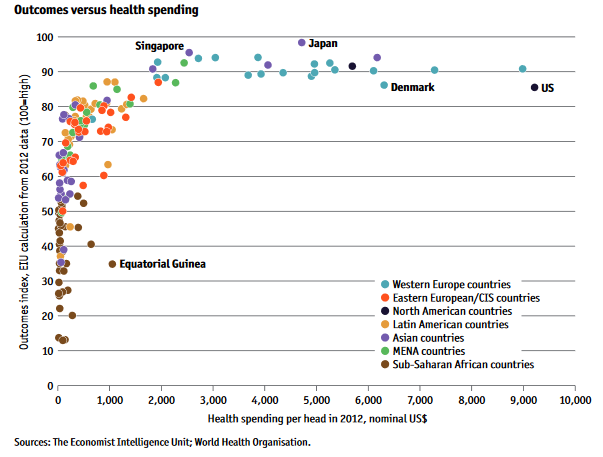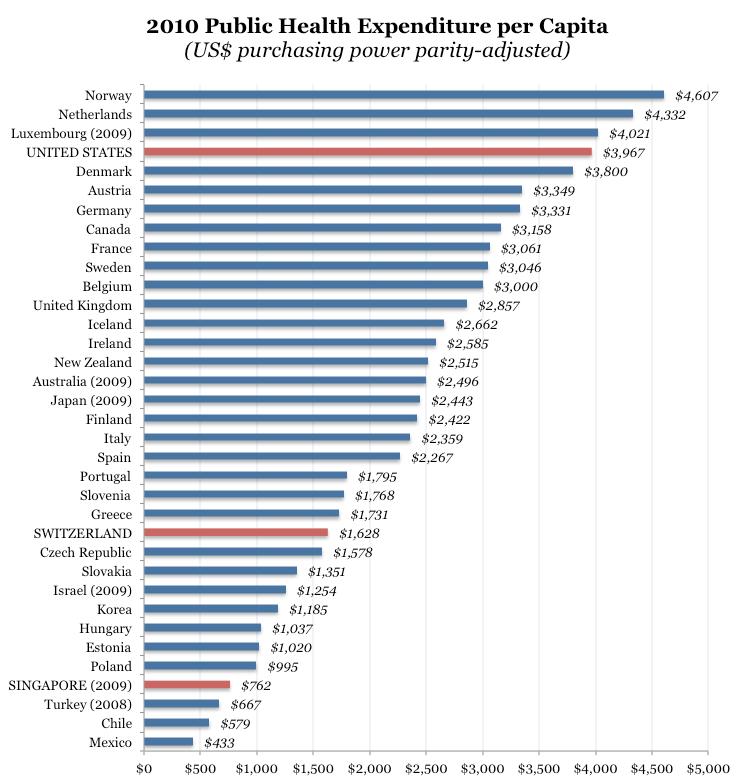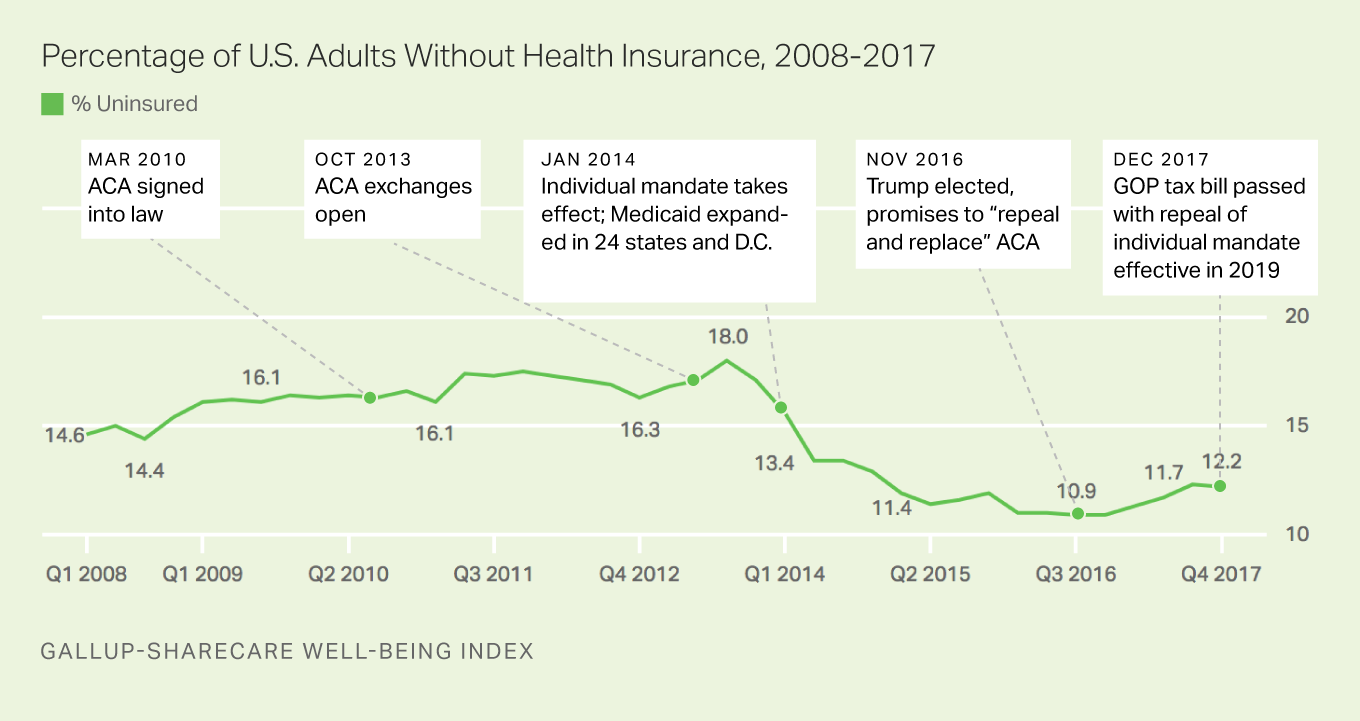- Joined
- Oct 23, 2014
- Messages
- 59
- Reaction score
- 68
Comparing the cost, ease, and effectiveness of implementing a completely socialized healthcare system in America to other countries a fraction of our size with completely different budgets and priorities is no better of an argument than mine. I'm simply saying the government is highly inefficient and the "reports and estimates" of Bernie's healthcare plan costs are probably a fraction of what it would actually cost.
We need policy that makes American healthcare better, not policy that makes American healthcare more like other countries' healthcare. There are vast differences in American vs. European culture, which are likely affecting healthcare costs and outcomes more than the actual system. I would argue America's obesity and opioid pandemic are just as important as healthcare reform and likely contributing factors to our "broken" system.
And if there is no doctor shortage then I should mark the AAMC as spam b/c I get a new email every month about it.
Got something better than the five points Windom Earle posted above that outline the social and economic benefits of adopting such a system? If so, I'd love to hear it. Nothing easier than poking holes in someone else's plan, and nothing harder than original thought. (Edited for grammar)
Last edited:



